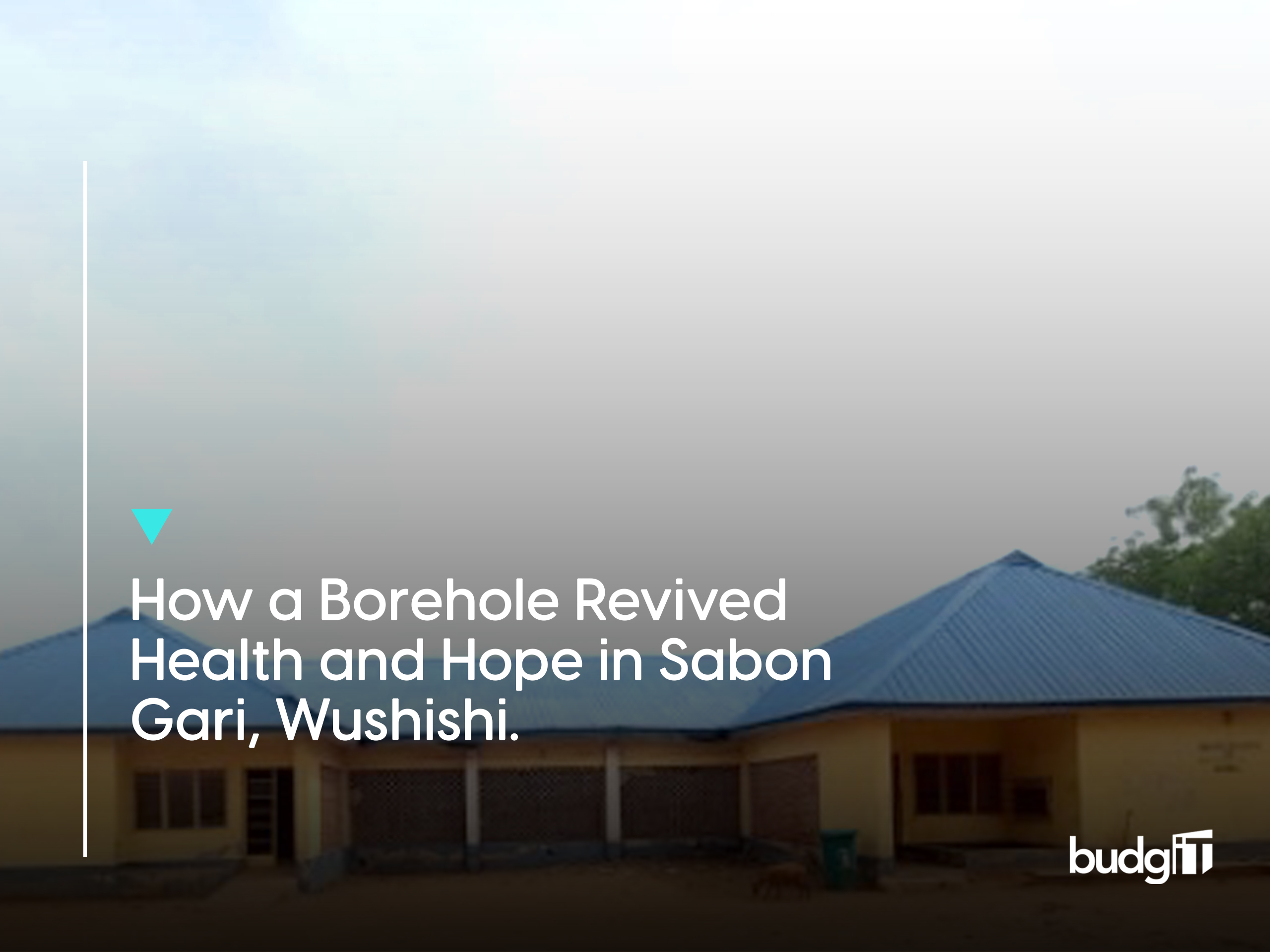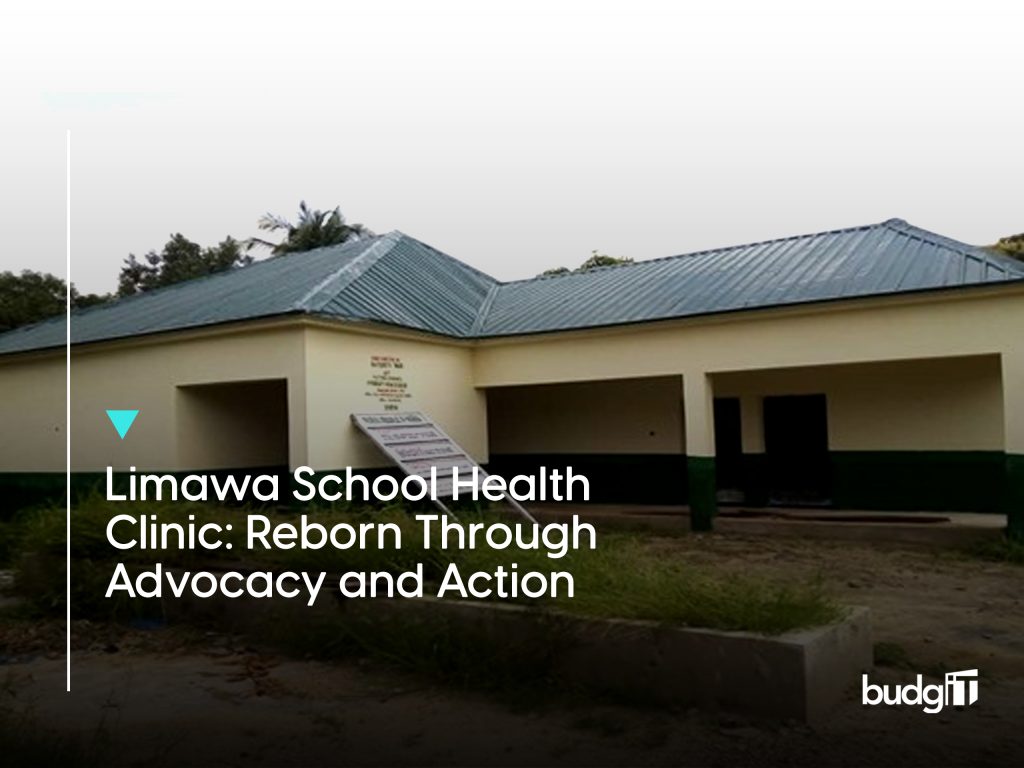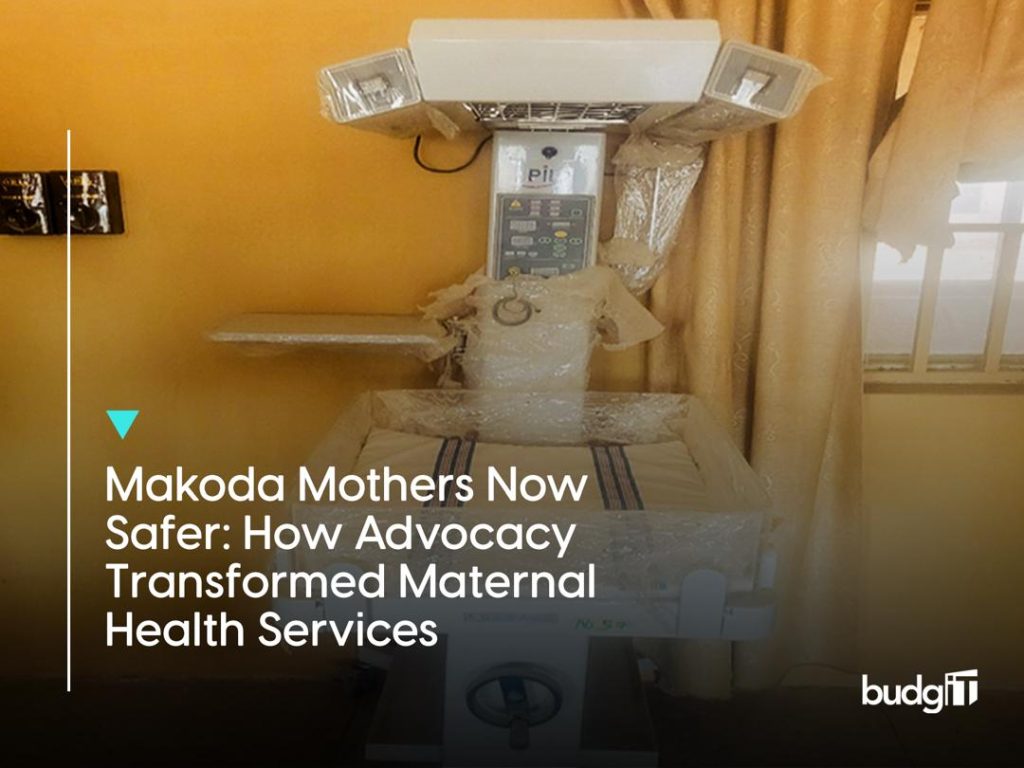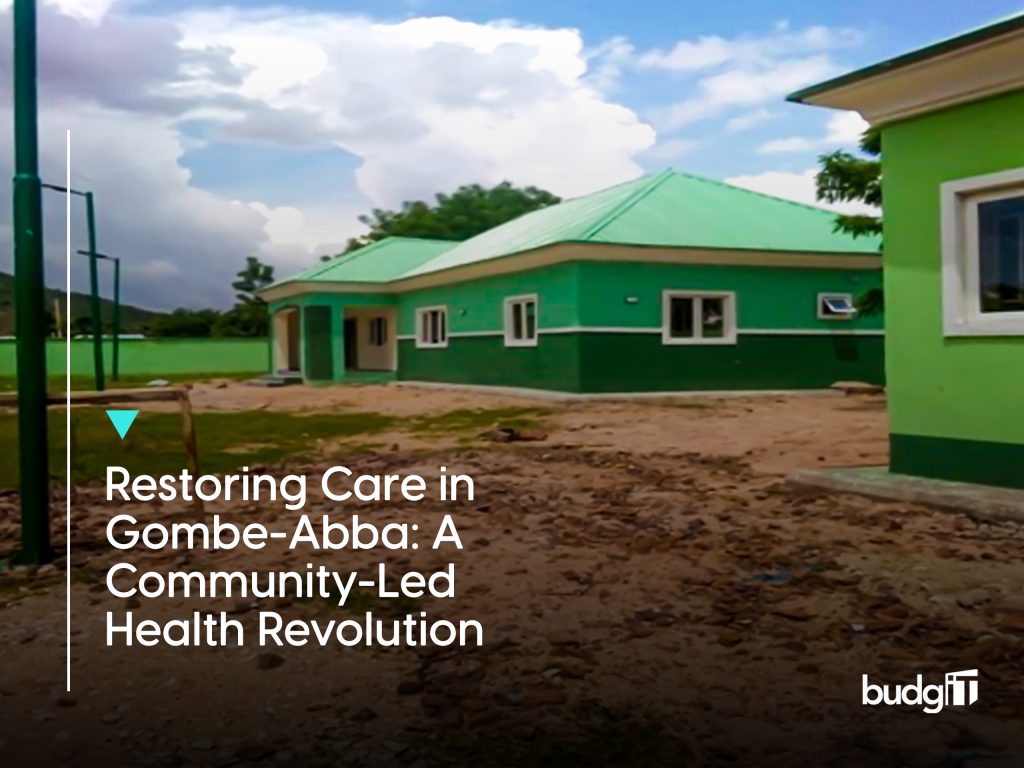Located in the Wushishi Local Government Area of Niger state is the Sabon Gari Wushishi community. Predominantly occupied by the Nupe and Hausa ethnic groups, the community is renowned for its rich cultural heritage, with traditional crafts and vibrant languages. Yet beneath this cultural wealth lies a daily struggle. Illegal mining has left the community unstable and vulnerable to natural disasters, such as flooding, and basic infrastructure, healthcare, and transportation remain pressing challenges. Among the hardest hit was the local primary healthcare facility, where something as fundamental as water was out of reach due to the community’s lack of access to water.
For years, access to clean and reliable water, a cornerstone of quality healthcare delivery, was absent at the Sabon Gari Wushishi PHC centre, as health workers and patients resorted to fetching water from distant sources, which delayed the timely delivery of lifesaving services, such as deliveries, immunisations, and wound care. Pregnant women and caregivers were compelled to bring their own water, creating barriers to care and discouraging service utilisation. Even the simplest acts, such as hand washing, cleaning of equipment, and maintaining sanitary toilets, were compromised, leaving the staff and patients vulnerable to infections.
BudgIT Foundation, in partnership with the Niger State government, implemented the Strengthening Community Engagement and Accountability for Primary Healthcare (SCEAP) Project between 2023 and 2024. At the baseline of the SCEAP project, community mapping and facility assessments revealed a pressing need—a reliable source of water to support hygiene activities at the facility. This was flagged on BudgIT’s real-time Primary Healthcare Accountability Tracka (PAT) Portal (www.phctracka.org). Three years prior to this intervention, the PHC struggled with water scarcity, relying on distant and unreliable sources for daily hygiene, cleaning, and even basic medical procedures. This reality crippled infection prevention in maternity and outpatient care, and discouraged the use of toilet facilities, as evident in the feedback received from community members (citizens) on the Phctracka portal.
To bridge this gap, BudgIT assigned the Global Promoters for Community Initiative (GPCI), a Community-Based Organisation (CBO), to implement the SCEAP Project at the MCH Wushishi facility. Upon entry, Mrs. Hajara Achibi Paul, the Program Officer of Global Promoters for Community Initiative (GPCI), and her team conducted community awareness, sensitisation, and mobilisation. Through town hall meetings, they emphasised community ownership, a crucial step that could help them resolve issues of concern, including the provision of a reliable and sustainable source of water at the facility without difficulty.
Then, in 2024, transformation came, from a simple initiative led by community stakeholders, WDCs, and Health Champions, supported by the Global Promoters for Community Initiative (GPCI), a generous anonymous community member funded the installation of a functional borehole at the Maternal Child Health (MCH) facility in Sabon Gari Wushishi. What once seemed impossible became a reality—clean water, flowing right at the taps.
The impact of this intervention was immediate—improved hygiene, the risk of waterborne and hospital-acquired infections was reduced, and patients could now access clean toilets without worry. Open defecation around the PHC stopped, and clinical services were delivered more safely and effectively.
“Before the borehole, we had to fetch water from far places, even during emergencies. Today, water flows right at the tap, and that has changed everything,” The Officer-In-Charge, MCH Wushishi.
“This intervention has greatly boosted the quality of care and restored confidence in the PHC’s ability to serve the community safely and effectively.” The Ward Development Committee (WDC) Chairman, Alhaji Katun, added.
But sustaining this achievement has not been without challenges. Last year, the submersible pump was stolen, plunging the facility back into water scarcity. The community quickly rallied. Through advocacy and outreach, members secured support to replace the stolen pump. An assessment was conducted, costs estimated, and funds released for a new pump, which was promptly installed, demonstrating the community’s commitment to maintaining the borehole. Today, the borehole once again serves both the facility and the community with reliable, safe drinking water.
The story of Sabon Gari Wushishi’s borehole is more than just water; it is a testament to the power of community ownership, accountability, and resilience. The provision of water at MCH Wushishi, made possible through the SCEAP intervention, has not only enhanced the quality of health service delivery but has also improved maternal and child health outcomes, boosted patient confidence, and contributed to the sustainability of primary health care in the community.



